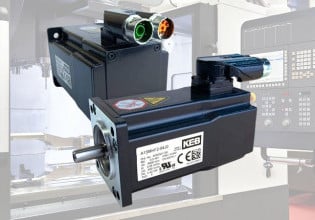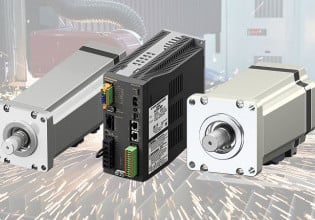M
I'm finding little consensus on what a higher-level language is for more complex applications for discrete/machine control. Is it C#, C++ and scripting? Are there others in serious play? What can they do that 61131, for example, can't? Does most automation supplier programming software use higher-level languages for some purposes?






